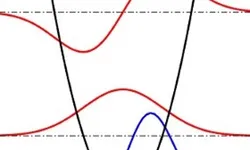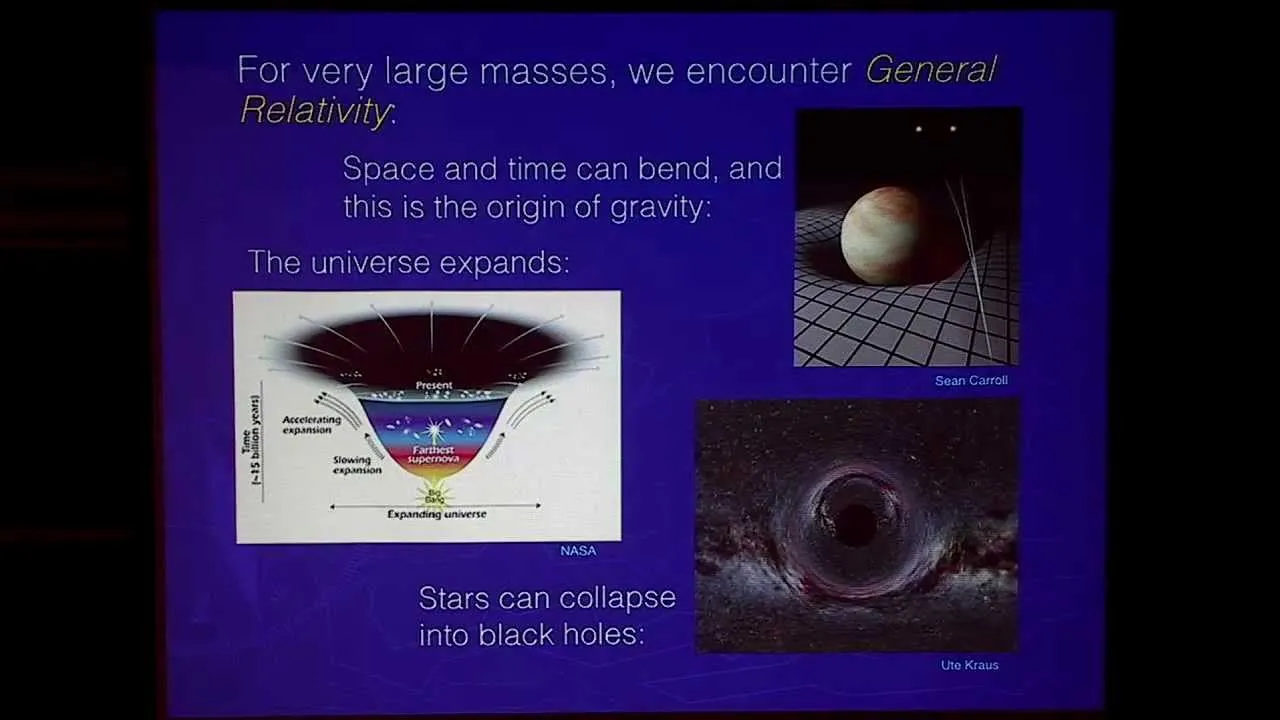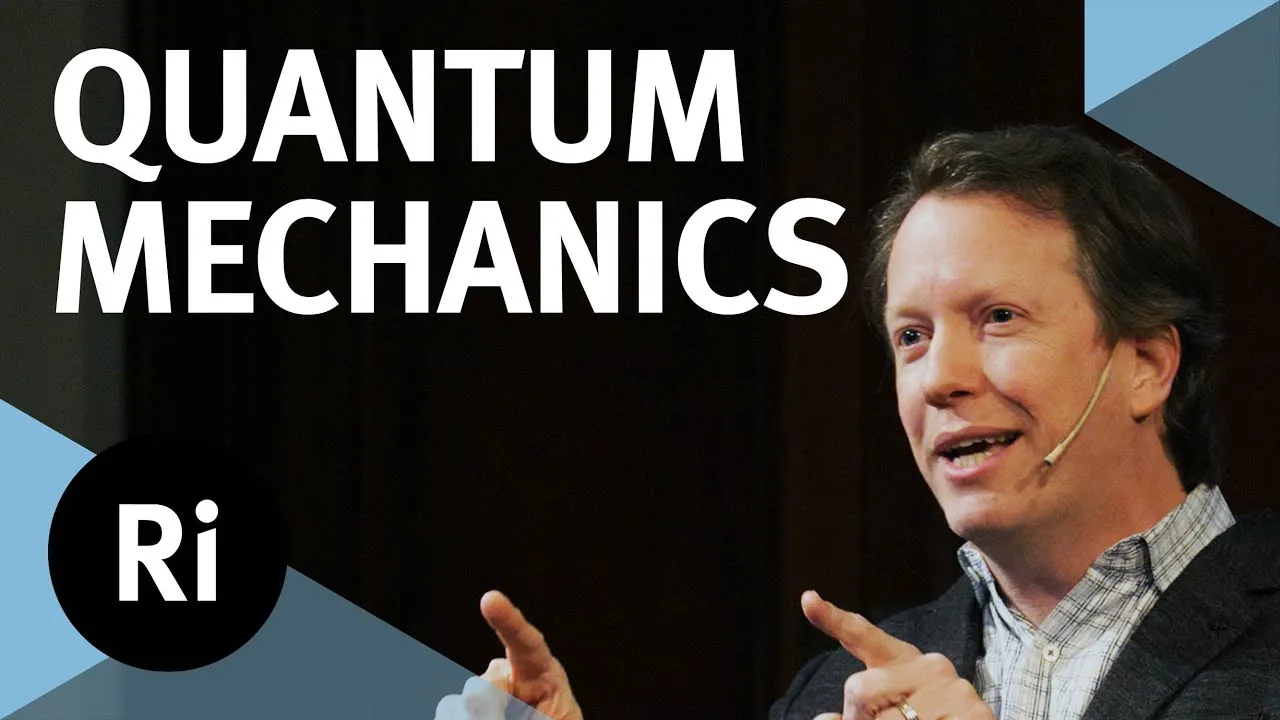
Quantum Mechanics for Scientists and Engineers 1 
This 9 week course provides an introduction to quantum mechanics for college-level students with a background in physical science or engineering. It covers topics such as wave functions, operators, and the Schrödinger equation, and is designed to equip students with the knowledge and skills to apply quantum mechanics in their own fields. ▼
ADVERTISEMENT
Course Feature
![]() Cost:
Cost:
Free
![]() Provider:
Provider:
Edx
![]() Certificate:
Certificate:
Paid Certification
![]() Language:
Language:
English
![]() Start Date:
Start Date:
10th Jan, 2022
Course Overview
❗The content presented here is sourced directly from Edx platform. For comprehensive course details, including enrollment information, simply click on the 'Go to class' link on our website.
Updated in [March 06th, 2023]
This 9 week course, Quantum Mechanics for Scientists and Engineers 1, provides an introduction to quantum mechanics and how to use it. It is designed to be accessible to students and technical professionals from a variety of science and engineering backgrounds. The course aims to teach quantum mechanics to those with a reasonable college-level understanding of physical science or engineering.
The concepts and techniques of quantum mechanics are essential in many areas of engineering and science such as materials science, nanotechnology, electronic devices, and photonics. This course will provide a substantial introduction to quantum mechanics and how to use it.
At the end of the course, students will have a better understanding of quantum mechanics and its applications in engineering and science.
[Applications]
The application of this course can be seen in many areas of engineering and science. Students and technical professionals can use the concepts and techniques of quantum mechanics to further their understanding of materials science, nanotechnology, electronic devices, and photonics. Additionally, the course can be used to gain a better understanding of the fundamentals of quantum mechanics and how to apply them in various fields.
[Career Paths]
1. Quantum Engineer: Quantum engineers are responsible for designing, developing, and testing quantum systems and components. They must have a strong understanding of quantum mechanics and be able to apply it to the design and development of quantum systems. As the field of quantum technology continues to grow, the demand for quantum engineers is expected to increase significantly.
2. Quantum Computing Researcher: Quantum computing researchers are responsible for researching and developing new quantum computing algorithms and technologies. They must have a strong understanding of quantum mechanics and be able to apply it to the development of new quantum computing algorithms and technologies. As the field of quantum computing continues to grow, the demand for quantum computing researchers is expected to increase significantly.
3. Quantum Physicist: Quantum physicists are responsible for researching and developing new theories and models of quantum mechanics. They must have a strong understanding of quantum mechanics and be able to apply it to the development of new theories and models. As the field of quantum physics continues to grow, the demand for quantum physicists is expected to increase significantly.
4. Quantum Materials Scientist: Quantum materials scientists are responsible for researching and developing new materials that can be used in quantum systems. They must have a strong understanding of quantum mechanics and be able to apply it to the development of new materials. As the field of quantum materials science continues to grow, the demand for quantum materials scientists is expected to increase significantly.
[Education Paths]
1. Bachelor of Science in Physics: A Bachelor of Science in Physics is a great way to gain a comprehensive understanding of quantum mechanics and its applications. This degree program typically covers topics such as classical mechanics, thermodynamics, electricity and magnetism, optics, and quantum mechanics. Students will also learn about the mathematical tools used to analyze and solve problems in physics. This degree is ideal for those interested in pursuing a career in research or academia.
2. Master of Science in Applied Physics: A Master of Science in Applied Physics is a great way to gain a deeper understanding of quantum mechanics and its applications in engineering and technology. This degree program typically covers topics such as quantum mechanics, statistical mechanics, solid-state physics, and nanotechnology. Students will also learn about the mathematical tools used to analyze and solve problems in applied physics. This degree is ideal for those interested in pursuing a career in research or industry.
3. Doctor of Philosophy in Physics: A Doctor of Philosophy in Physics is a great way to gain an advanced understanding of quantum mechanics and its applications. This degree program typically covers topics such as quantum mechanics, statistical mechanics, solid-state physics, and nanotechnology. Students will also learn about the mathematical tools used to analyze and solve problems in physics. This degree is ideal for those interested in pursuing a career in research or academia.
4. Master of Science in Nanotechnology: A Master of Science in Nanotechnology is a great way to gain a comprehensive understanding of quantum mechanics and its applications in nanotechnology. This degree program typically covers topics such as quantum mechanics, statistical mechanics, solid-state physics, and nanotechnology. Students will also learn about the mathematical tools used to analyze and solve problems in nanotechnology. This degree is ideal for those interested in pursuing a career in research or industry.
Course Provider

Provider Edx's Stats at AZClass
This 9-week course provides an introduction to quantum mechanics for undergraduates with a background in physical science or engineering. Quantum Mechanics for Scientists and Engineers 1 is the ideal course for those who wish to gain a comprehensive understanding of quantum mechanics and its applications. This 9-week course covers the fundamentals of quantum mechanics, including topics such as wave-particle duality, Schrödinger's equation and Heisenberg's uncertainty principle. It also covers more advanced topics such as the quantum theory of angular momentum, the hydrogen atom, and scattering theory. The course is designed to be accessible to students and technical professionals with broad scientific and engineering backgrounds, and to provide.
Discussion and Reviews
0.0 (Based on 0 reviews)
Explore Similar Online Courses

Linux: Introduction to Shell Scripting for DevOps

Management Essentials

Python for Informatics: Exploring Information

Social Network Analysis

Introduction to Systematic Review and Meta-Analysis

The Analytics Edge

DCO042 - Python For Informatics

Causal Diagrams: Draw Your Assumptions Before Your Conclusions

Whole genome sequencing of bacterial genomes - tools and applications

Foundations of Quantum Mechanics

Gravity and Quantum Mechanics - The Quest for Unification


Start your review of Quantum Mechanics for Scientists and Engineers 1